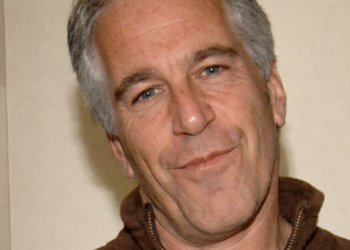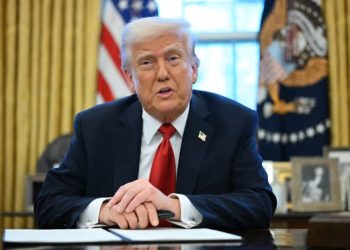The New Zealand parliament had on Thursday, began a heated debate over a contentious bill directed at reinterpreting the country’s founding agreement as hundreds of protesters kept up their march toward the country’s capital.
The ACT New Zealand party –a junior partner in the country’s centre-right coalition government– had only last week, unveiled the bill wig an aim to define the principles of the Treaty of Waitangi.
The bill which was first signed in 1840 by the British Crown and over 500 Maori chiefs had laid down how the two parties agreed to govern. However, the interpretation of clauses in the document still serves as a guide to legislation and policy today.
The proposed bill passed its first reading on Thursday and will proceed to a select committee.

Associate Justice Minister, David Seymour had said the Maori were being given different rights than non-Indigenous citizens, who lose out because of policies clearly designed for the uplift of Maori.
Seymour even claimed that individuals opposing the bill want to “stir up” fear and division. “My mission is to empower every person,” he had said.
The controversial legislation, however, is seen by many Maori and their supporters as undermining the rights of the country’s Indigenous people, who make up about 20% of the population of 5.3 million people.
Hundreds have set out on a nine-day march, or hikoi, from New Zealand’s north to the national capital of Wellington in demonstration over the legislation, staging rallies in towns and cities as they move south.
The bill which was introduced by Seymour’s ACT New Zealand party os expected to fail even though it which won 8.6% of the vote in last year’s election.
Coalition partners of the National Party and New Zealand First have disclosed they are only supporting the legislation through the first of three readings as part of the coalition agreement. Both parties have announced they will not support it to become legislation.
Meanwhile, Prime Minister Christopher Luxon has said his government’s primary focus will be on the economy and improving law and order.

















